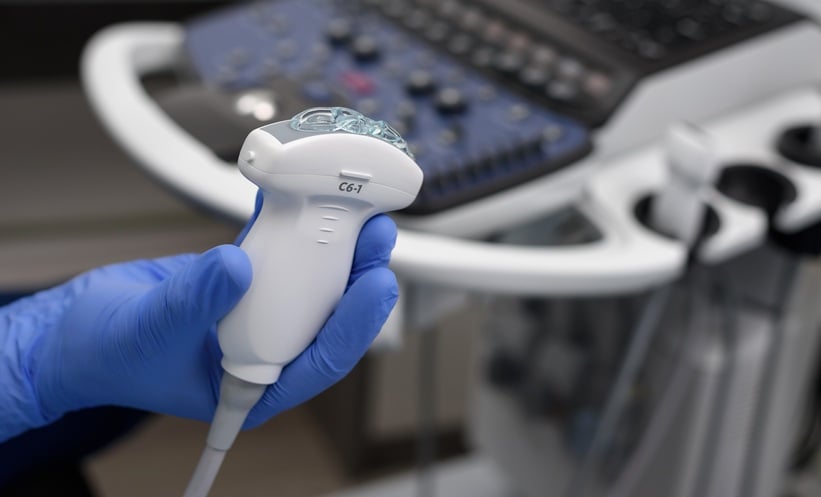A NEW study suggests that a modified lung ultrasound (LUS) scoring system may provide an effective, non-invasive tool for evaluating the extent and prognosis of interstitial lung disease (ILD) in patients with systemic autoimmune rheumatic diseases (SARD-ILD).
Researchers assessed 195 patients with nine types of SARD-ILD, comparing lung ultrasound findings with high-resolution computed tomography (HRCT), the current gold standard. They focused on two key ultrasound features: pleural line (PL) abnormalities and B-line (BL) distribution, both of which strongly correlated with ILD severity patterns.
The modified LUS score demonstrated high concordance with CT results, particularly in detecting ground-glass opacity and reticular changes, and showed strong correlations with established ILD severity measures such as the Warrick score, ILD-GAP index, and forced vital capacity (FVC). Importantly, specific score thresholds were identified to predict fibrosis burden, mortality risk, and severe lung function impairment.
“These findings highlight lung ultrasound as a practical, reliable tool for monitoring ILD in patients with systemic autoimmune rheumatic diseases,” the authors noted. By reducing reliance on repeated CT scans, the method could offer patients a safer, radiation-free alternative for ongoing assessment.
The study emphasizes the growing role of ultrasound in rheumatology and pulmonary care, supporting its integration into routine practice for early detection and prognosis in high-risk patient populations.
Reference
Yanran Chen, Zirui Zhou, Qin Huang, Siju Lin, Xia Ye, Jingyi Xie, Cuilian Liu, Tiantian Yu, Zhenyu Yang, Yukai Wang, Dongzhou Liu, Xiaoping Hong, Modified lung ultrasound score to assess extent and prognosis in systemic autoimmune rheumatic disease-associated interstitial lung disease. Rheumatology. 2025; DOIL 10.1093/rheumatology/keaf501.








